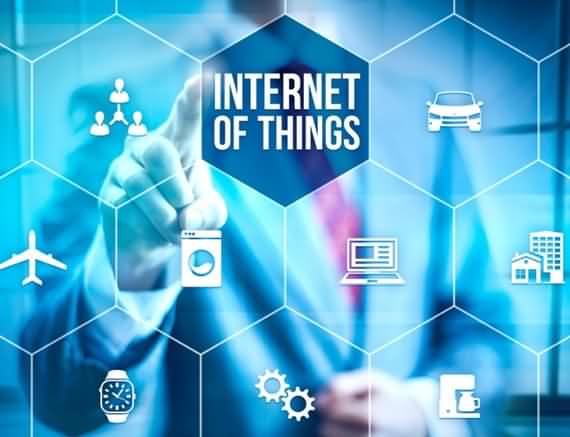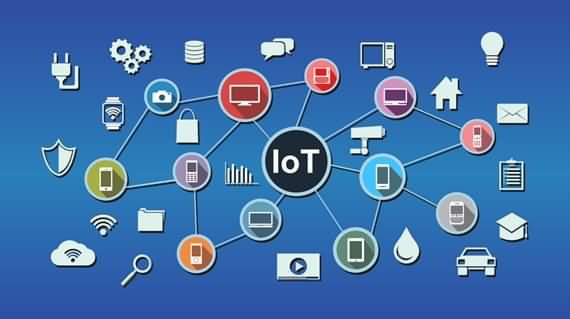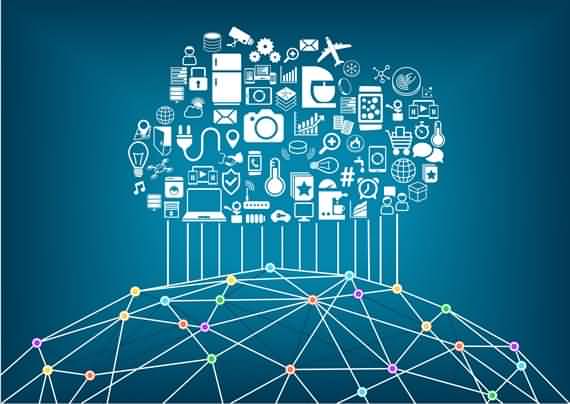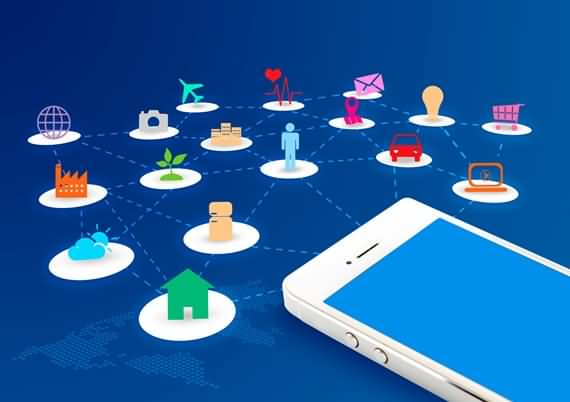Internet Of Things (IoT)
Internet of things (IoT) is a system of interrelated computing devices, the concept of basically connecting any device with an on and off switch to the Internet thru the WI-FI sensors (and/or to each other) and we mean it with any device and also got the ability to transfer data over a network without requiring human-to-human or human-to-computer interaction. . Or you can say it’s the interconnection via the Internet of computing devices embedded in everyday objects, enabling them to send and receive data. The IoT will be more effective when you use 5G technology.
This includes everything from cellphones, coffee makers, office webcams, washing machines, headphones, lamps, wearable devices and almost anything else you can think of. This also applies to components of machines, for example an engine of a car or an A/C in your office.
The “Internet of things” is becoming an increasingly growing topic of conversation both in the workplace and outside of it. It’s a concept that not only has the potential to impact how we live but also how we work. But what exactly is the “Internet of things” and what impact is it going to have on you, if any? There are a lot of complexities around the “Internet of things” but I want to stick to the basics. Lots of technical and policy related conversations are being hard but many people are still just trying to grasp the foundation of what the heck these conversations are about.
Most of the devices now filled with thousands of sensors collecting and transmitting data back to make sure it is operating efficiently. At an even bigger scale, smart cities projects are filling entire regions with sensors to help us understand and control the environment. 5G technology will make the internet of thing so smooth and easy to use.
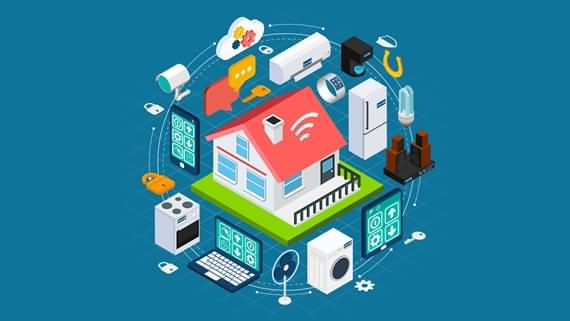
Internet Of Things
How Does This Impact You?
The new rule for the future is going to be, “Anything that can be connected; will be connected.” But why on earth would you want so many connected devices talking to each other? There are many examples for what this might look like or what the potential value might be. Say for example you are on your way to a meeting; your car could have access to your smartphone calendar and already know the best route to take. If the traffic is heavy your car might send a text to the other party notifying them that you will be late.
What if your alarm clock wakes up you at 5:30 a.m. and then notifies your coffee maker to start brewing coffee for you? What if your office equipment knew when it was running low on supplies and automatically re-ordered more? plus What if the wearable device you used in the workplace could tell you when; and where you were most active and productive; and shared that information with other devices that you used while working?
Benefits of IoT:
Monitor their overall business processes.
Integrate and adapt business models.
Make better business decisions.
Improve the customer experience.
Save a lot of time and money.
Enhance employee productivity.
Finally, it can generate more revenue.
Internet of Things security
Security is one the biggest issues with the internet of things right now and developers are working hard to solve this problem out. Because the internet of things connects billions of devices to the internet and involves the use of billions of data points, all of which need to be secured. Due to its expanded attack surface, IoT security and IoT privacy are cited as major concerns.
What are the benefits of the Internet of Things for consumers?
The IoT promises to make our environment — our homes and offices and vehicles, smarter, more measurable, easier and chattier. Always keep in your mind that many of these innovations could have major implications for our personal privacy.
You can also read about:
Metaverse New Internet Technology
The Best Days, Nights And Months In The World
Evolution Of Credit Card Technology
Credit Card History And Origin

